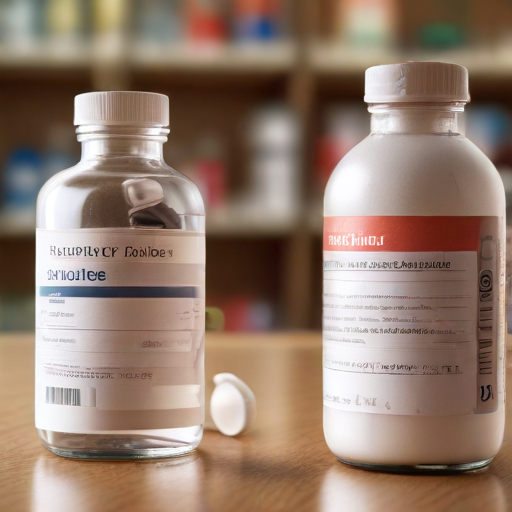A recent report from the House Committee on Oversight and Accountability raises concerns about the practices of pharmacy-benefit managers (PBMs), which are intermediaries that manage prescription drug plans for health insurers. The report follows a 32-month investigation and will precede a hearing featuring executives from the largest PBMs in the country.
PBMs such as Express Scripts, OptumRx (a division of UnitedHealth Group), and CVS Health’s Caremark collectively handle about 80% of all U.S. prescriptions. The committee’s findings indicate that these managers promote higher-priced brand-name drugs instead of more affordable alternatives, potentially leading to increased out-of-pocket costs for patients.
An example highlighted in the report involves Cigna workers discouraging patients from using cheaper alternatives to Humira, a medication for autoimmune conditions that costs around $90,000 annually, despite a biosimilar option available for about half that price. The committee also noted that Express Scripts informed patients that using their local pharmacies might result in higher costs compared to obtaining a three-month supply from their mail-order services, thereby restricting patient choice.
Additionally, a similar report released by the U.S. Federal Trade Commission indicates that the largest PBMs have consolidated their control over the prescription drug market, now managing nearly 95% of prescriptions. The FTC emphasized the significant influence PBMs hold over the accessibility and affordability of medications, while also warning against conflicts of interest due to vertical integration, which may disadvantage independent pharmacies.
FTC Chair Lina M. Khan stressed the implications of these practices, asserting that PBMs are “overcharging patients for cancer drugs” and generating excess revenue exceeding $1 billion.
This report could serve as a pivotal moment for reform in the pharmaceutical industry, raising awareness about the complexities of drug pricing. Through increased scrutiny and potential regulatory changes, there is hope for a future where patients have better access to affordable medications and greater flexibility in choosing where to fill their prescriptions. It may lead to a more transparent system that prioritizes patient welfare over profit, benefiting millions of Americans who struggle with the rising costs of healthcare.
